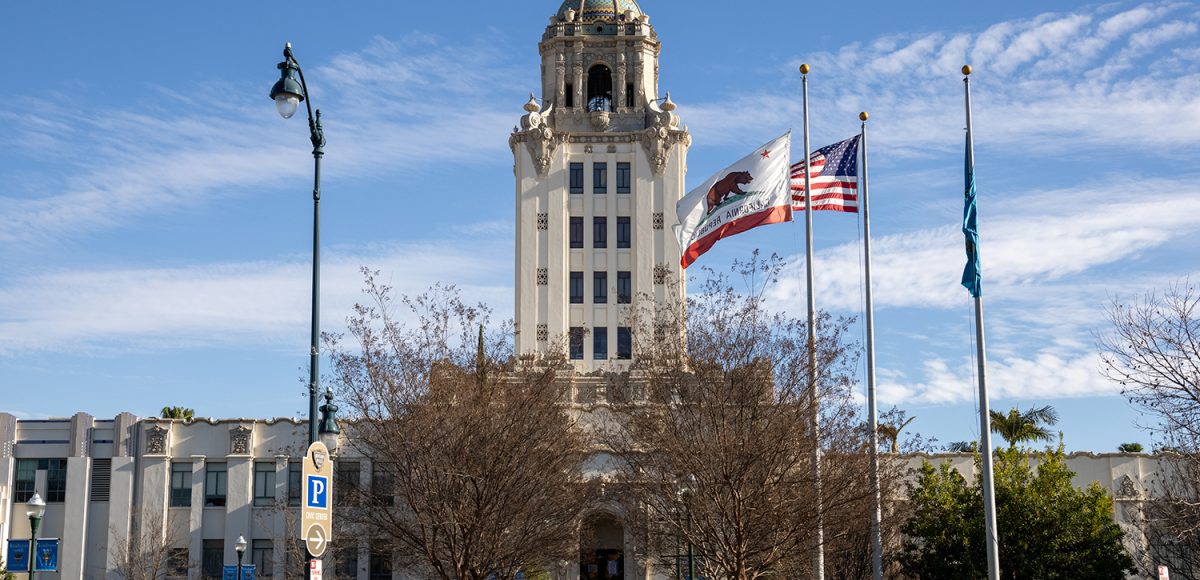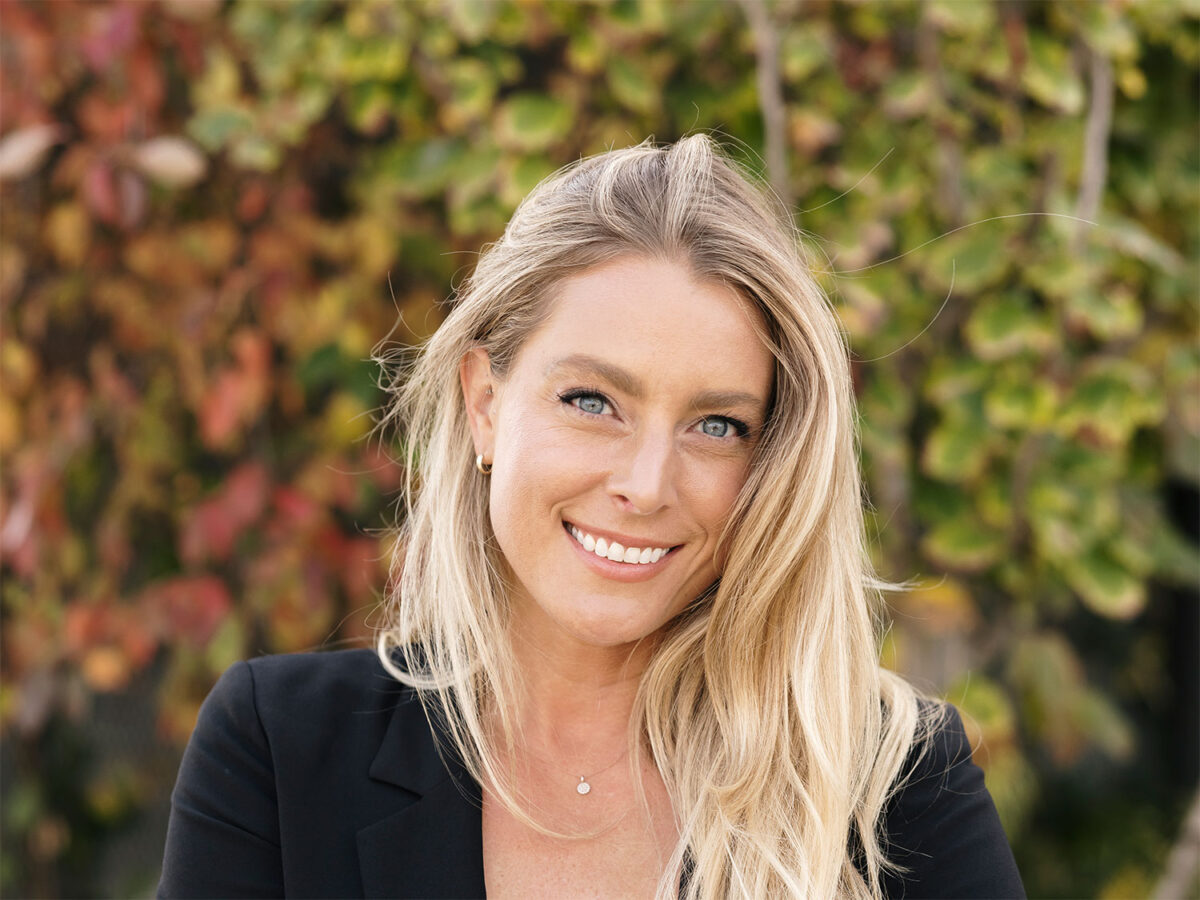The Beverly Hills Sunshine Task Force (STF), the committee in charge of advocating for greater government transparency, convened with its City Council liaisons on Feb. 22. The Task Force moved a step closer to placing before the City Council recommendations to the city’s legislative advocate requirements. Additionally, STF grappled with the present and future challenges of remote meetings.
The Task Force returned to the drawing board after a small setback regarding changes to the city’s legislative advocate requirements. Under existing law, anyone who is paid to influence city officials must register as a legislative advocate (another term for lobbyist). In registering, they must also disclose their clients and their objectives in lobbying on their client’s behalf. The STF sent a set of recommendations to the legislative advocate requirements to the City Council’s Feb. 2 Regular Meeting. This, however, came as a surprise to the city’s legislative advocates themselves.
“I was surprised when this came up on the council agenda. I know many of my colleagues at other firms as well we’re surprised,” said Spencer Kallick, a lobbyist for properties across the city. “I do think it’s worth more conversation and more study so that we all can agree and find something that achieves the goal of transparency, but also does it in a way that’s helpful.”
Councilmember Lili Bosse agreed that the Task Force needed to hear from advocates. To that end, STF agreed to place the item on the agenda at the March 22 Regular Meeting.
The changes would require advocates to identify themselves as legislative advocates to non-city officials when engaged in lobbying. They would also have to keep a log of the first time they interact with non-city officials and the subject of the interaction. The Task Force also recommended that the Council require advocates to wear an ID badge that includes their name and the name of their lobbying firm.
The recommendations also suggest strengthening the city’s power in prosecuting violations of the legislative advocate requirements. Currently, the city can only prosecute advocates for “intentional” violations of the city’s law. The Task Force worried that this standard was too high and recommended lowering the bar to include “grossly negligent” and “reckless” violations. The STF also suggested that any penalties against the advocate should also apply to their firm.
In a move at greater transparency, STF also recommended that if an advocate’s client consists of an organization like a corporation or limited liability company, “the managing members or majority shareholders must be listed until a natural person is revealed,” according to a staff report compiled for the Feb. 2 meeting.
Councilmember Dr. Julian Gold suggested that City Attorney Laurence Wiener hold a “briefing” with the advocates “to discuss the nuances of the legislation.” He argued it would give a forum to advocates to clarify the ordinance without slowing down the legislative process. “Otherwise, I’m afraid that we’re going to get bogged down by the words and not the intent. If we can get through the words in advance, then we can focus on the intent.”
The Task Force did not immediately set a date for the briefing.
The Task Force also forecasted ahead to the days after the COVID-19 pandemic when the city could resume in-person meetings. According to city staff, the Council Chambers and the Commission meeting room have already been set up for in-person public meetings at City Hall. However, as the city adjusts to a post-pandemic environment, not everyone will be eager to meet in enclosed areas.
“Even when we all do go back, there will still be many people that are not comfortable being back or they’re used to doing much more now through video or phone calls,” said Bosse.
“The idea is to have that flexibility to transition from entirely remote to in person and remote,” said Chief Information Officer David Schirmer. “There’s a number of technical challenges that we’ll need to overcome but we’re pretty confident that we can make that work.”
But Gold added a note of caution. “I’ve had the opportunity for these sorts of things over the last few months, and I would not underestimate the difficulties of doing both,” he said.
Schirmer assured Gold that the city’s technology staff are running the system through the ringer. “Testing’s got to be a key component to this and that’s where we are now, doing very complex meetings and testing, making sure that all of those pieces are in place,” he said.
Gold also raised another issue relating to the new, remote format for doing business: people abusing public commenting abilities in meetings. “We have had in our past individuals from the public who have used the public comment section of multiple meetings, multiple different venues, to deliver the same message, which is not tied to anything other than public comment,” he said. “I think we have to give some discussion to whether or not we’re going to allow that.”
Other than alluding to the practice, Gold declined to name any alleged perpetrators in the meeting.
“Sometimes members of the community are incredibly passionate about a particular subject matter, and they want to make sure that it’s covered both in the study and also the formal session, and then they’ll call in after they’ve already sent in the email,” Huma Ahmed said. While Ahmed says that she asks participants to choose one way of engaging, the city legally cannot prevent them from doing both. “But we do ask everyone to be team players.”
“I’m just concerned that it’s not efficient. And it’s actually not fair to the rest of the public who really just wants to get on with the business at hand,” Gold said. He suggested looking at the time limits imposed on public comments by other city councils. Public comment, he said, is not the place to air issues with neighbors or problems with trash collection. “I think the whole process needs to be looked at.”
Bosse opposed any reduction in the time allotted to public comments. “It would take a lot to convince me that we should shorten that period, but I’m definitely looking to [have] the conversation to see how we can have more effective meetings,” she said. The Task Force agreed to agendize the matter for another meeting.







